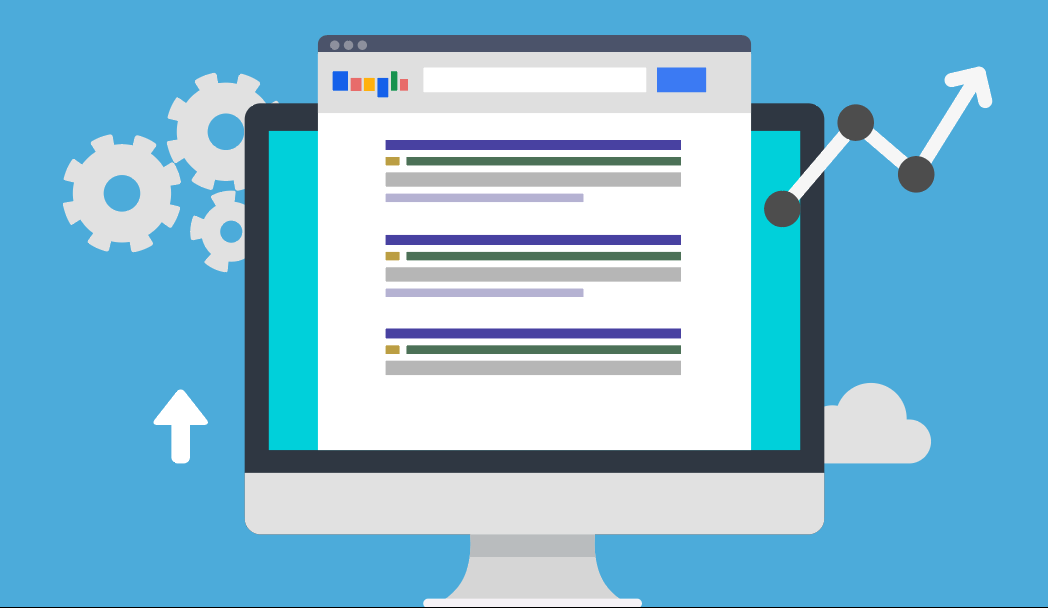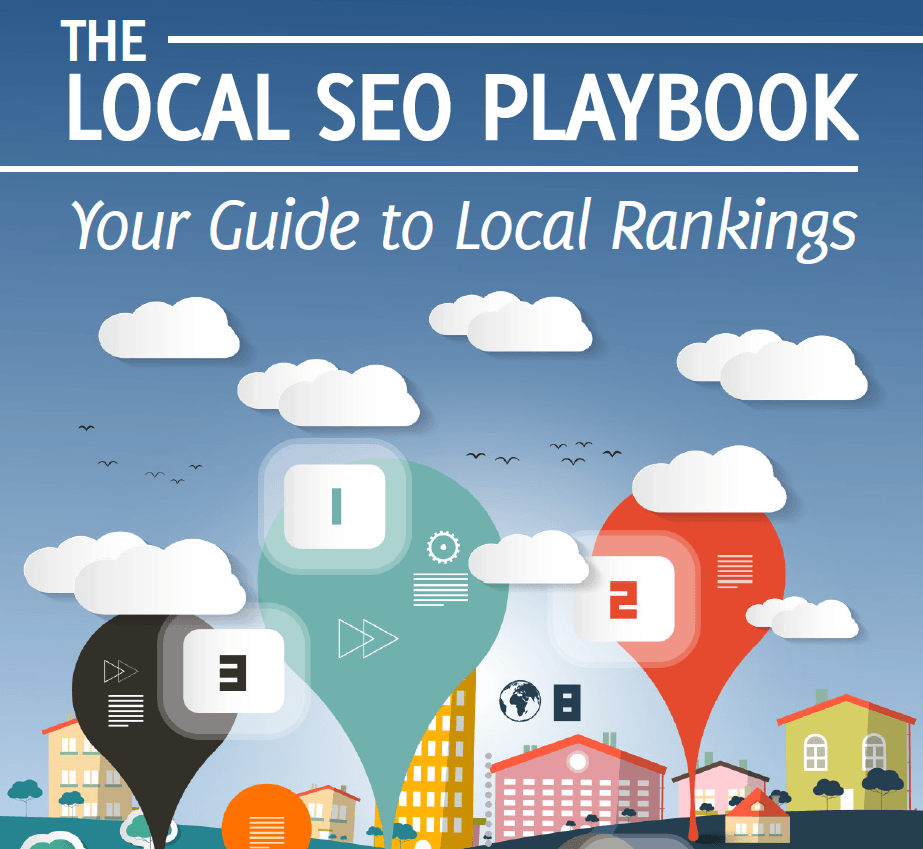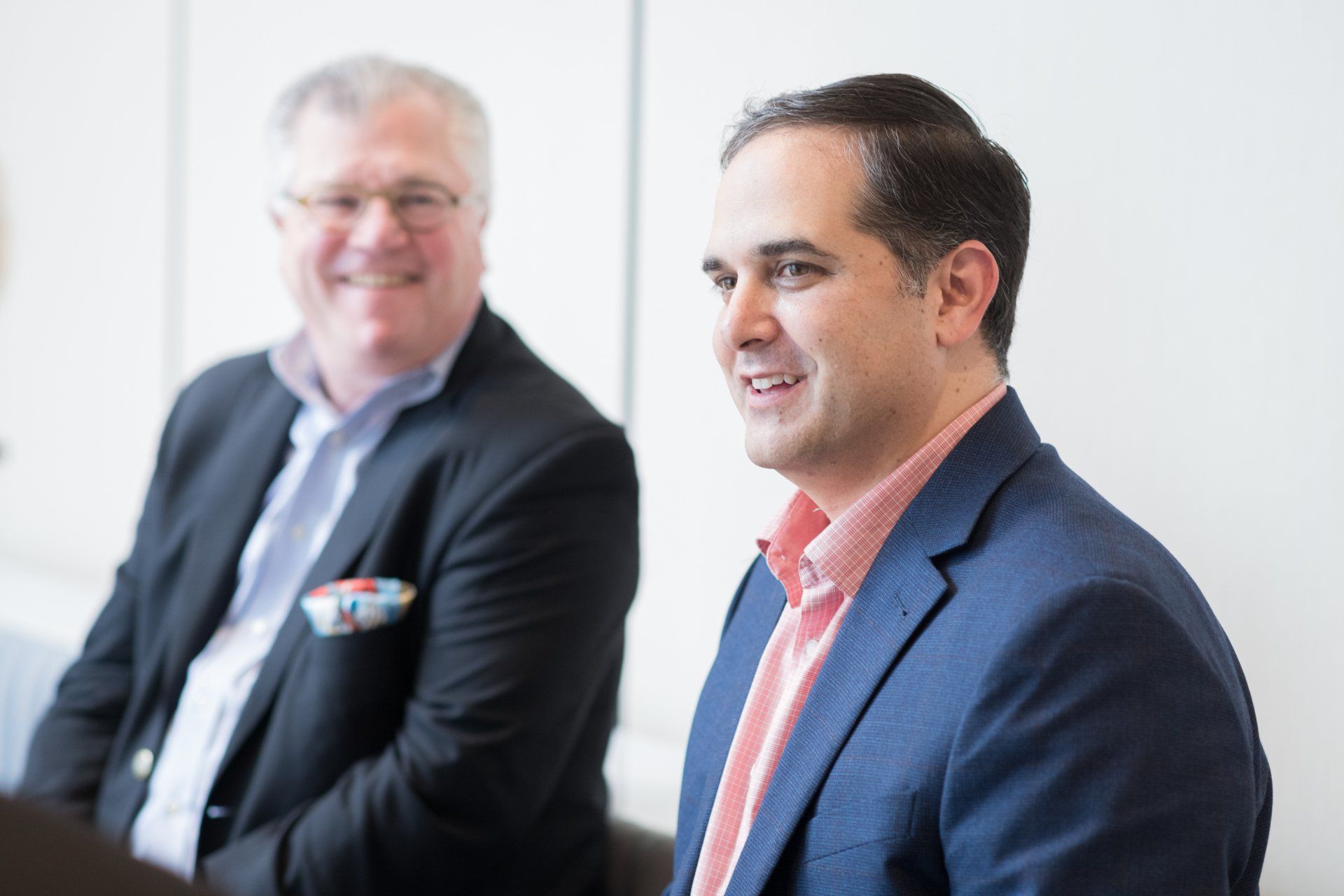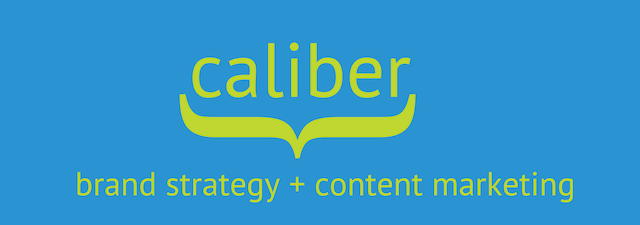The Google Gap: Useful? Yes. Emotional Pull? Well…
by Dan Gershenson
A rather stunning irony occurred to me as I was thinking about the latest tool Google is introducing, Google Plus.
For all the tools I use from Google, I don’t believe I ever got extraordinarily excited about using them before or during the time I’ve actually used them.
Don’t get me wrong. I’m a fan of certain tools and highly recommend them. In particular, I regularly use Google Calendar, Gmail, Google Reader and Google Alerts. I’d even describe them to others as “great.”
So what’s the problem? The problem is despite the fact that Google delivers a highly efficient, highly productive group of tools for me, none of these tools have stirred the senses with a “got to have it now” factor . And this wouldn’t be such a big deal if Google weren’t aiming to stand toe-to-toe with the likes of Facebook to be our all-everything place for connections, searching and relationships.
Say what you want about privacy issues, but Facebook owns a great deal of emotional investment from people. It’s the place where their family and friends commonly are when it comes to online community interaction, if not their business associates too. The technology to keep and enhance those connections is important, but technology is almost secondary to why people are there and stay there. This emotion is not to be underestimated.
Take another company, like Apple. Apple has the “got to have it now” factor in spades. It’s safe to say that for a large number of people like you, there’s been at least one Apple product released in the last 10 years that you really, really wanted….NOW. It’s why people had to have the iPod, stood in line for the iPhone and they’re salivating over the iCloud. And if you didn’t have it, you felt left behind. Even with the one product that met a bit more skepticism at first, the iPad, there’s little question now that people who bought into it love what it can do on a personal or business level.
And there it is – the “L” word. Love. There are many companies that produce useful, efficient, productive products that people buy and even keep buying…but don’t love them. This is coveted territory that not everybody can own. Dare I say that Google has never produced anything that’s, well, FUN. It’s never ENTERTAINED. Absolutely, it’s helped me get the job done, find what I’m looking for and keep me organized. But it’s never brought a lasting smile to my face.
Love isn’t always attained by adding more to an existing solution but actually stripping away what isn’t needed. One of my favorite examples here is 37 Signals with their Basecamp product for project management. There’s more emotional pull here not because it’s complicated but because it’s more simple than other tools with just enough to give me everything I need, nothing that I don’t. It doesn’t hurt that 37 Signals is great at customer service and exceedingly quick to inform its customers of enhancements or technical difficulties they’re working on.
And by the way, I didn’t have to wait for an invite to use their software.
Therefore, the Google Gap has nothing to do with technology but an emotional pull. A legion of fans that are passionate about spreading the word to others unsolicited because that product enhances their life just SO MUCH that they want the people they care about to experience that feeling too.
Never had that situation with Google. Never had a “Oh wow, you’ve got to try Gmail” moment. Instead, the exchange goes like this:
Them: “What’s your favorite calendar program?”
Me: “Google Calendar. It’s great.”
That’s not love – it may sound like it at first glance, but it’s not. That’s a positive recommendation that wouldn’t have come unless it was initiated by someone else. To close the Google Gap and be seen in a different light, Google Plus and future products from Google need to be more than just useful and efficient. We also don’t need versions that seem better in appearance but in practicality are more complicated to use. They have to bring remarkable new categories of technology we haven’t used yet or dramatically strip away the complications of technology we’re using to the point of where it almost feels like a brand new category.
By virtue of his product line, Steve Jobs enjoys this emotional capital. By virtue of the relationships he has ownership over, so does Mark Zuckerberg. If Larry Page wants to stand on the platform with these gentlemen, this is the challenge before him to shape a new chapter of the Google era.
The post The Google Gap: Useful? Yes. Emotional Pull? Well… appeared first on Caliber Brand Strategy + Content Marketing.
The Fractional CMO







